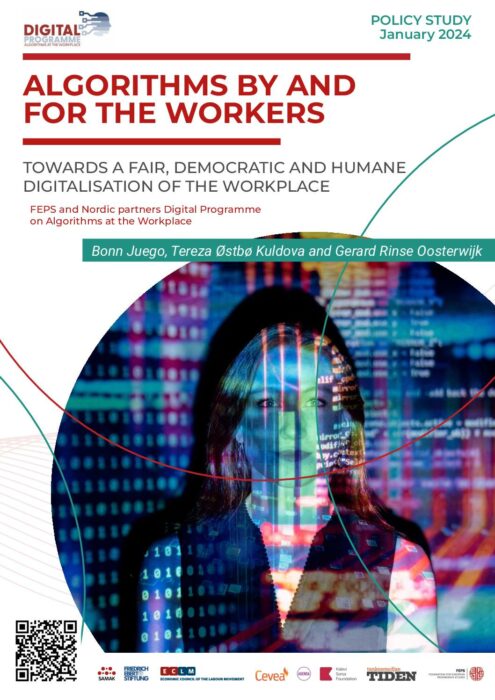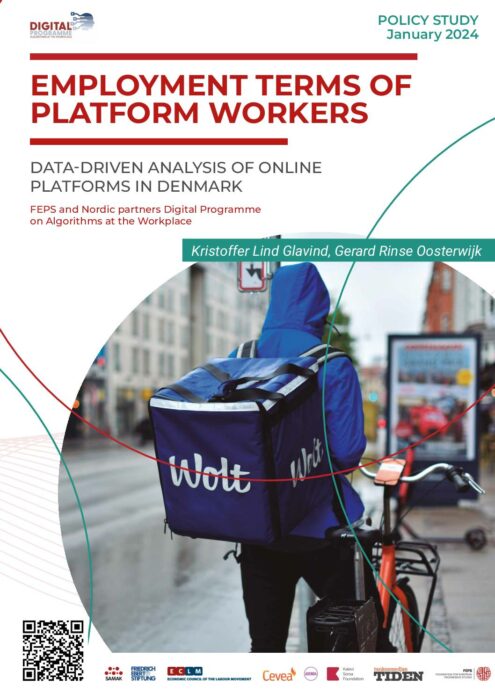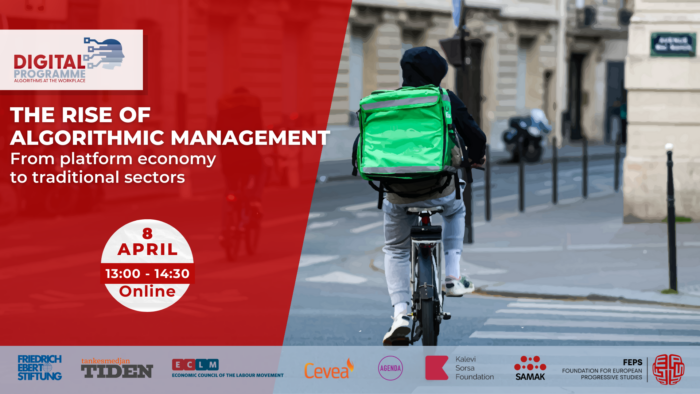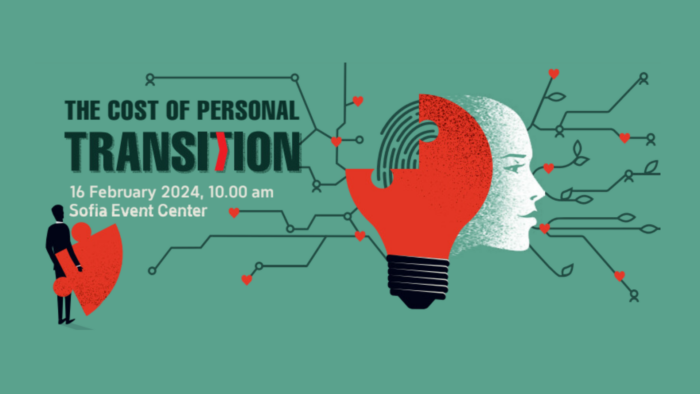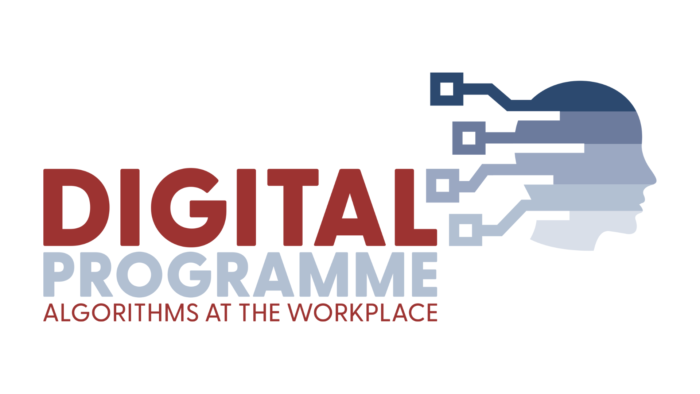Find all related publications
Publications
Find all related events
Events
Past
08/04/2024
Online
16/02/2024
Sofia, Bulgaria
23/01/2024
Helsinki, Finland
Find all related news
News
Find all related in the media
In the media




